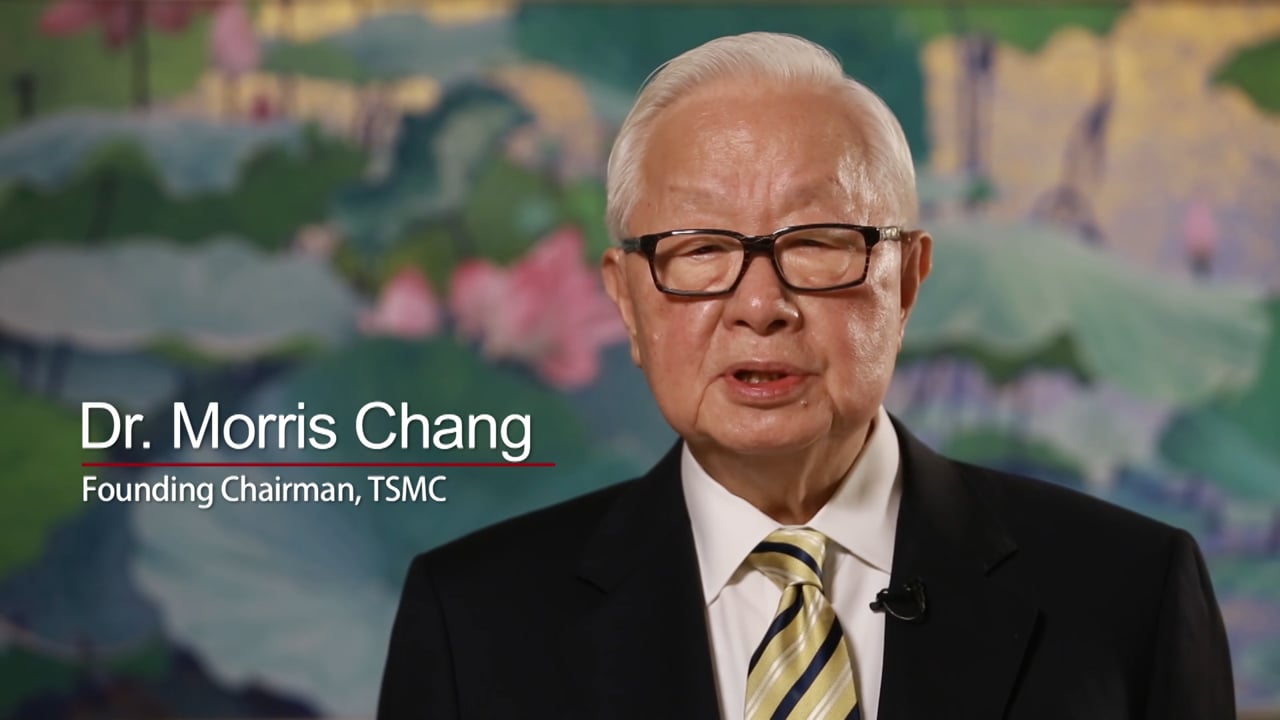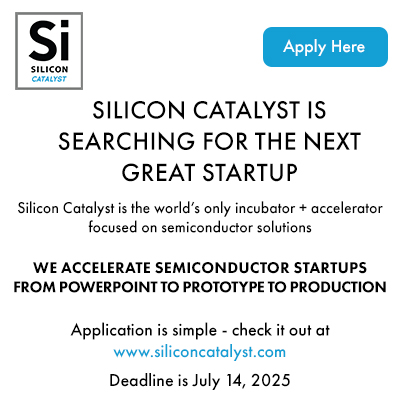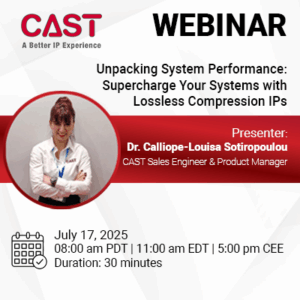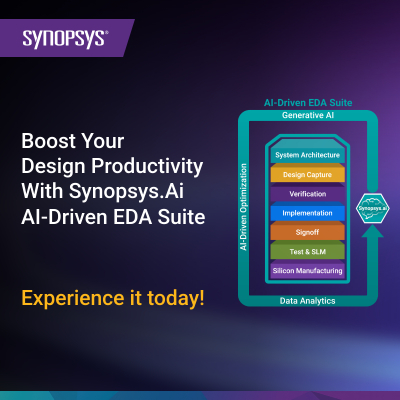Dr. Morris Chang (born July 10, 1931) is a Chinese-born Taiwanese-American entrepreneur, engineer, and industry pioneer, best known as the founder of Taiwan Semiconductor Manufacturing Company (TSMC). Often called the father of Taiwan’s semiconductor industry, Chang revolutionized the global electronics sector by creating the world’s first dedicated semiconductor foundry, which reshaped the way microchips are designed and manufactured.
Early Life and Background
Morris Chang was born in Ningbo, Zhejiang Province, China, in 1931, into a well-educated and cultured family. Due to the Second Sino-Japanese War and later the Chinese Civil War, his family moved frequently during his childhood. By the late 1940s, they settled in Hong Kong, which was then under British colonial rule.
In 1949, at the age of 18, Chang moved to the United States to pursue higher education. This migration coincided with the Communist victory in China, and he would never return to live in the mainland.
Education
Chang began his academic journey at Harvard University but soon transferred to the Massachusetts Institute of Technology (MIT), where he earned both his Bachelor of Science and Master of Science degrees in mechanical engineering.
Realizing his growing interest in electronics rather than mechanical systems, he later pursued a Ph.D. in Electrical Engineering at Stanford University, which he completed in 1964 while working full-time.
Early Career at Texas Instruments (TI)
Chang joined Texas Instruments (TI) in 1958, during the dawn of the semiconductor revolution. His early work focused on germanium and later silicon transistor technology. Over the course of 25 years, he rose through the corporate ranks, eventually becoming Group Vice President responsible for the worldwide semiconductor business.
At TI, he led many initiatives:
-
Introduced rigorous process optimization for IC fabrication
-
Oversaw TI’s watch chip business, which significantly reduced manufacturing costs
-
Managed global expansion of TI’s production footprint
Despite being a high-ranking executive, Chang encountered glass ceilings due to his ethnicity, which partly motivated his later transition to Taiwan’s public sector.
Return to Taiwan: ITRI and the Birth of TSMC
In 1985, Morris Chang was invited by Sun Yun-suan, a former premier of Taiwan and architect of its industrial strategy, to return and help build Taiwan’s high-tech industry. He became president of the Industrial Technology Research Institute (ITRI), Taiwan’s state-backed research organization.
While at ITRI, Chang formulated a bold and untested idea: to create a company that would only manufacture chips designed by others, effectively decoupling design and fabrication. At that time, semiconductor companies were vertically integrated (e.g., Intel, TI), and the foundry model did not exist.
In 1987, with funding from the Taiwanese government and Philips Electronics, Chang founded Taiwan Semiconductor Manufacturing Company (TSMC).
Leadership at TSMC
As founder, CEO, and chairman, Morris Chang led TSMC from a small startup to a dominant global player. Key milestones include:
-
Pioneering the “pure-play foundry” model, enabling fabless companies like Qualcomm, Broadcom, and NVIDIA to flourish
-
Cultivating a culture of manufacturing excellence and trustworthiness, which became vital for IP-sensitive customers
-
Consistently investing in cutting-edge process technology, such as 7nm, 5nm, and 3nm nodes
-
Expanding TSMC’s global footprint with fabs in China, the U.S., and Japan
Chang served as:
-
Chairman and CEO (1987–2005)
-
Retired in 2005; returned as CEO in 2009 after the company faced competitive pressure
-
Fully retired in June 2018, succeeded by Mark Liu (Chairman) and C.C. Wei (CEO)
Under Chang’s leadership, TSMC became the world’s largest and most advanced contract chip manufacturer, with customers including Apple, AMD, MediaTek, and NVIDIA.
Global Impact and Legacy
Chang’s contributions have reshaped the global semiconductor and electronics landscape:
1. Inventing the Foundry Model
-
Enabled the fabless semiconductor revolution
-
Allowed smaller companies to compete without needing billions in capital for fabs
2. Transforming Taiwan
-
Turned Taiwan into the linchpin of global semiconductor supply chains
-
Created thousands of high-tech jobs and innovation clusters
3. Elevating TSMC
-
TSMC is now a strategic asset to global tech infrastructure and geopolitics
-
Widely trusted for manufacturing leadership and on-time delivery
4. Semiconductor Diplomacy
-
In retirement, Chang became Taiwan’s APEC representative, attending international summits on behalf of Taiwan’s president
-
Known for articulating Taiwan’s strategic tech role diplomatically and forcefully
Honors and Awards
Dr. Morris Chang has received numerous accolades:
-
IEEE Medal of Honor (2011) – for contributions to semiconductor business models
-
SIA Robert N. Noyce Award
-
Time 100 Most Influential People (2021)
-
U.S. National Academy of Engineering
-
Honorary doctorates from multiple institutions, including National Taiwan University
Personal Life
Morris Chang is married to Sophie Chang, and they have three children. Despite his monumental career, he is known for his:
-
Personal humility
-
Passion for classical music and literature
-
Clarity of thought and direct communication style
In retirement, he writes and speaks occasionally on technology policy, leadership, and national strategy.
Quotes
“Without manufacturing, there is no innovation.”
— Morris Chang
“TSMC does not compete with its customers. That is our founding principle.”
— Morris Chang
Share this post via:














Facing the Quantum Nature of EUV Lithography